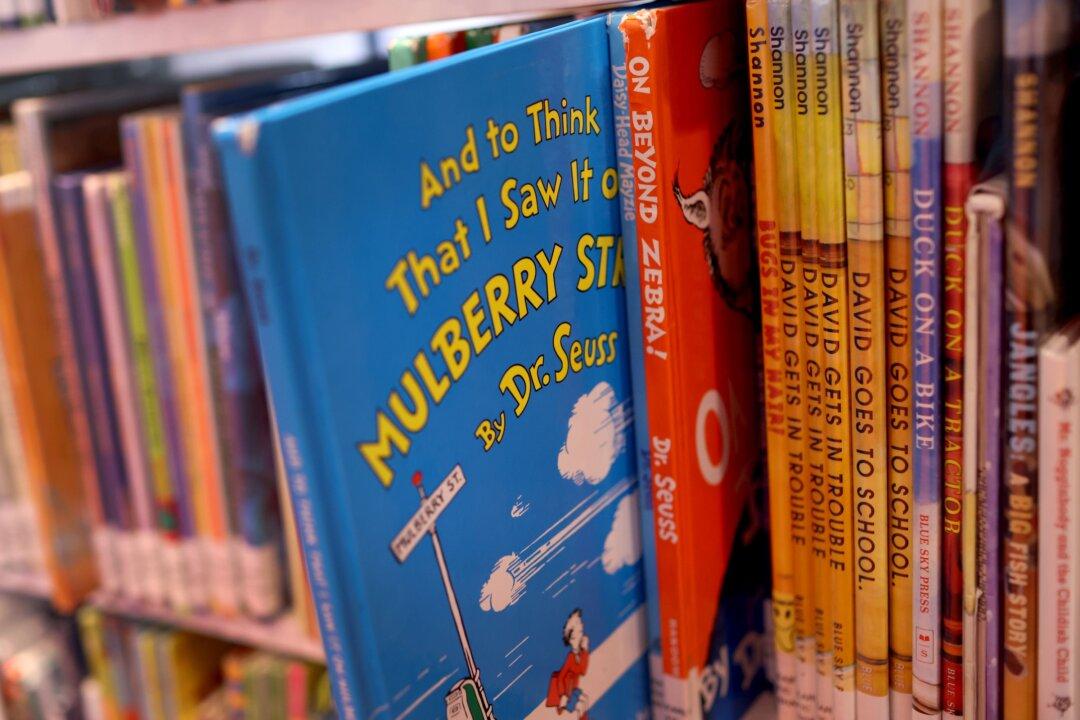Commentary
From book burning, to book banning, to now refusing to print classic books, censorship is a divisive battle. Children’s literature is especially under attack. Instead of laughing at well-intentioned themes meant to engage young readers and instill a love of learning through reading, or updating illustrations to better suit modern sensitivities, woke culture has deemed six specific Dr. Seuss titles “racist.”





